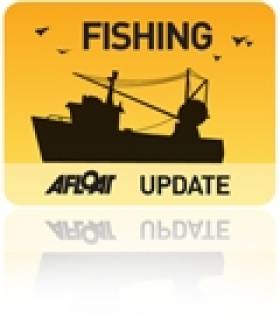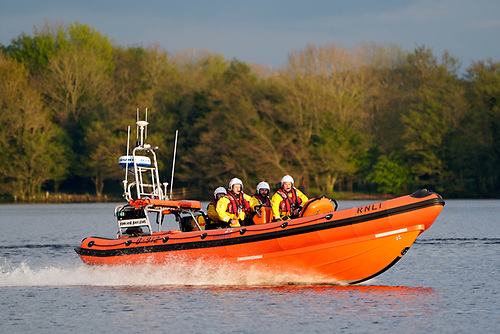Displaying items by tag: fisheries control
#sfpa – The Sea-Fisheries Protection Authority (SFPA) will host a series of EU Fishery Control focussed meetings involving fishery control experts from the relevant authorities in various EU Member Sates, the European Commission Directorate- General for Maritime Affairs & Fisheries (DG MARE) and the European Fishery Control Agency (EFCA) from today, Tuesday, 16th April until Thursday, 18th of April, in Dublin. The overall objective of the meetings is to allow Member States to share information and best practice with a view to continued progress towards a 'level playing field' in fisheries control.
A number of topics will be discussed at the Fishery Control Expert group meeting including: how fishery product traceability is implemented in Member States to ensure that fisheries products can be traced back and checked throughout the supply chain, from net to plate; the gradation of seriousness of fishery non-compliances and the application of appropriate sanctions to license holders and masters as well as how the certification and verification of fishing vessel engine power is implemented in Member States.
On Wednesday 17th of April, an SFPA led initiative will seek to utilise the expertise of the groups visiting Dublin for an initial seminar and technical discussions on the regulatory framework of the discard ban commencing in January 2014. This should provide a useful forum for initial consideration of the practical implementation challenges for this policy initiative.
The European Fisheries Control Agency's agenda, again hosted by the SFPA, will be discussed on Thursday, 18th April, and this will focus particularly on the challenge of assessment and review of the costs and effectiveness of control and the enforcement of fisheries regulations.
Micheál O'Mahony, Board member with the SFPA said: "The Common Fisheries Policy brings compliance obligations on all fishers in EU waters and control obligations on all EU Member states. To achieve sustainable fisheries, a culture of compliance must exist throughout the fishing industry. These meetings will provide an excellent opportunity for key representatives from EU Member States and EU institutions to share valuable information on how to implement best practices in terms of fisheries control as well as the continued effective implementation of the rules of the Common Fisheries Policy. The SFPA wants to play our part in protecting the rich resources of fish around the coasts of Ireland for the benefit of responsible fishermen. We need to ensure that we and all our EU partners have the best systems in place so that illegal practices are prevented. The effective monitoring and control of fish stocks requires the close co-operation of Ireland with other Member States, DG MARE and EFCA. I am sure these meetings will help promote a level playing field of best practice amongst the participants. We look forward to a fruitful exchange of information and ideas on how we can best work together to protect the interests of legitimate fishermen."





























































